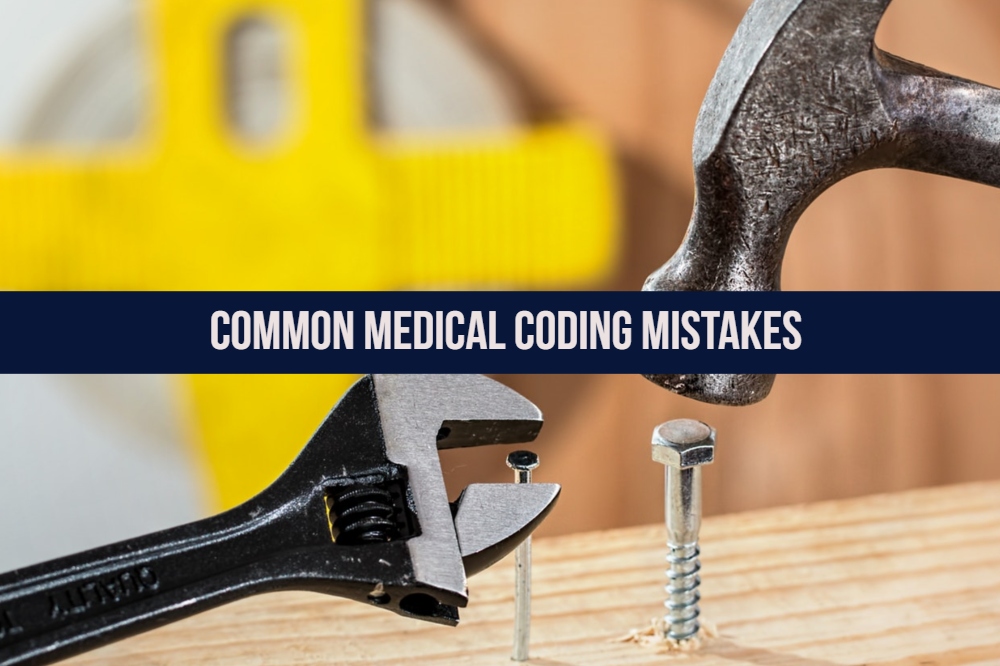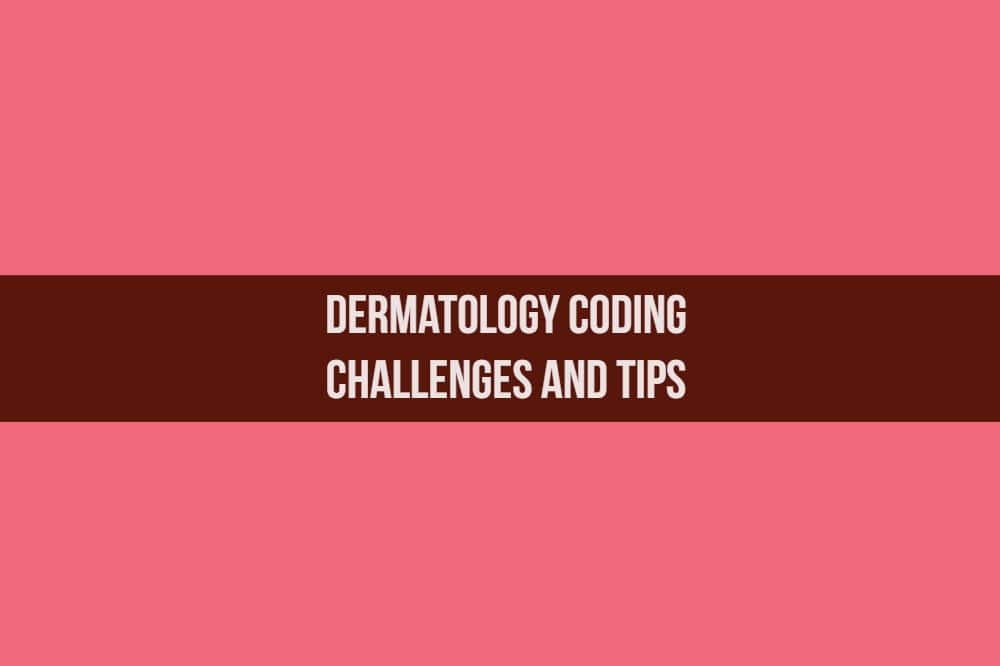The hours and days spent on treating your patient all comes to naught if you are not paid for the services rendered. The satisfaction of having cured and/or saved a patient has no parallel; but, it is money that makes your practice sustain and allows you to continue curing and saving people. Sadly, not getting your dues is not an exception – data shows that in 2016-17, out of about $3 trillion of medical claims submitted, around $262 billion were denied. That is a whopping 9% of denied claims. Even though around 63% of these claims were recoverable, that still leaves around $ 97 billion of denied claims.
Claims can be denied for a number of reasons. Most of them are due to inaccurate claims submitted. Coding mistakes is one of the foremost reasons for claim denial. The consequences of inaccurate coding and incorrect billing can result in your practice running or shutting down. If your practice is receiving more than 5% of its claims denied; then it is time to see if you are making any of the following coding and billing mistakes.
Upcoding
Billing patients for services not performed or for more complicated procedures than what was done results in upcoding. This could take place if the data provided by the physician confuses the coder or when a coder enters a wrong code by mistake. This also occurs when there is an attempt to inflate the bill. Whatever the reason, remember, upcoding is illegal and will attract fines and/or criminal prosecution.
Undercoding
Leaving out codes or coding for treatment which is less than that provided is undercoding. This could be done either to reduce a particular patient’s superbill or in an attempt to avoid audits. Like upcoding, underoding is also illegal and can attract fines and/or criminal prosecution.
Mismatched Codes
Diagnostics and treatment codes need to match. Necessity for medical service has to be supported by the diagnosis failing which claims with CPT codes will be denied. Similarly, the CPT codes should cover the indication for that service.
NCCI edits not checked
The National Correct Coding Initiative (NCCI) developed by the Centers for Medicare & Medicaid Services, are automated pre-payment edits. It analyzes every pair of code billed by the same provider on the same service date for the same patient and reflects if an edit exists. The existence of an NCCI edit will result in one of the codes denied. Thus it is important to check if any NCCI edits are reflected in the billing before submission.
Use of Modifiers
A claim may be denied due to the use of an inappropriate modifier or a failure to append a modifier where required.
Modifier 22
Modifier 22 is used to indicate the complexity of a service which requires more work than is usual in the case. However, an overuse of modifier 22 or using it without enough supporting documentation will lead to a denied claim.
Modifier 25
Modifier 25 is used to indicate that on the same day as the procedure a separate, significantly identifiable E/M service was also performed on the patient. However, remember that the modifier is always added to the E/M service and not to the surgical procedure. Incorrect use will lead to denied claims.
Unlisted Codes
Some procedure/service may not have a code assigned to it. While you can bill for such a procedure/service using an unlisted code, proper and complete documentation has to be provided to substantiate the claim.
Eliminate coding errors
Medical coding and billing is a minefield, with the mine placement changing every time there is a new code or a new set of rules introduced. Navigating through this mine field requires a thorough knowledge of the existing as well as the changing scenario. Your practice deserves to be paid for the services provided – which can be denied due to coding and billing errors. However, understand that coding mistakes are classified as either fraud or abuse. While fraud is an intentional misrepresentation, remember that abuse is also misrepresentation, although an innocent mistake. Both result in denied claims.
The consequences of inaccurate coding and incorrect billing not only affect the sustainability of your practice, they can also affect the relationship with your patients. Our certified coders are well equipped to navigate this minefield and ensure that your claims are error free and complete. Contact us so that you can have the satisfaction of not just curing/saving your patients, but also receiving your financial dues for doing so.
For more information, please see our detailed posts on cardiology coding and billing, modifiers in medical billing, and ways to prevent medical billing fraud.
For more information, please see our detailed posts on cardiology coding and billing, modifiers in medical billing, and ways to prevent medical billing fraud.
References
- Course 8: Medical Billing Errors. (2018). Retrieved September 25, 2018, from www.medicalbillingandcodingonline.com: https://www.medicalbillingandcodingonline.com/medical-billing-errors/
- Kreimer, S. (2014, May 21). Claim Denials. Retrieved September 25, 2018, from www.acrbulletin.org: https://acrbulletin.org/departments/radlaw/165-claim-denials
- Sanborn, B. J. (2017, June 27). Change Healthcare analysis shows $262 billion in medical claims initially denied, meaning billions in administrative costs. Retrieved September 25, 2018, from www.healthcarefinancenews.com: https://www.healthcarefinancenews.com/news/change-healthcare-analysis-shows-262-million-medical-claims-initially-denied-meaning-billions
- Sculley, M. (2018). 10 Frequent Errors Generated by New Medical Coders. Retrieved September 25, 2018, from www.practicesuite.com: https://www.practicesuite.com/practicemanagement/10-frequent-errors-generated-by-new-medical-coders/



